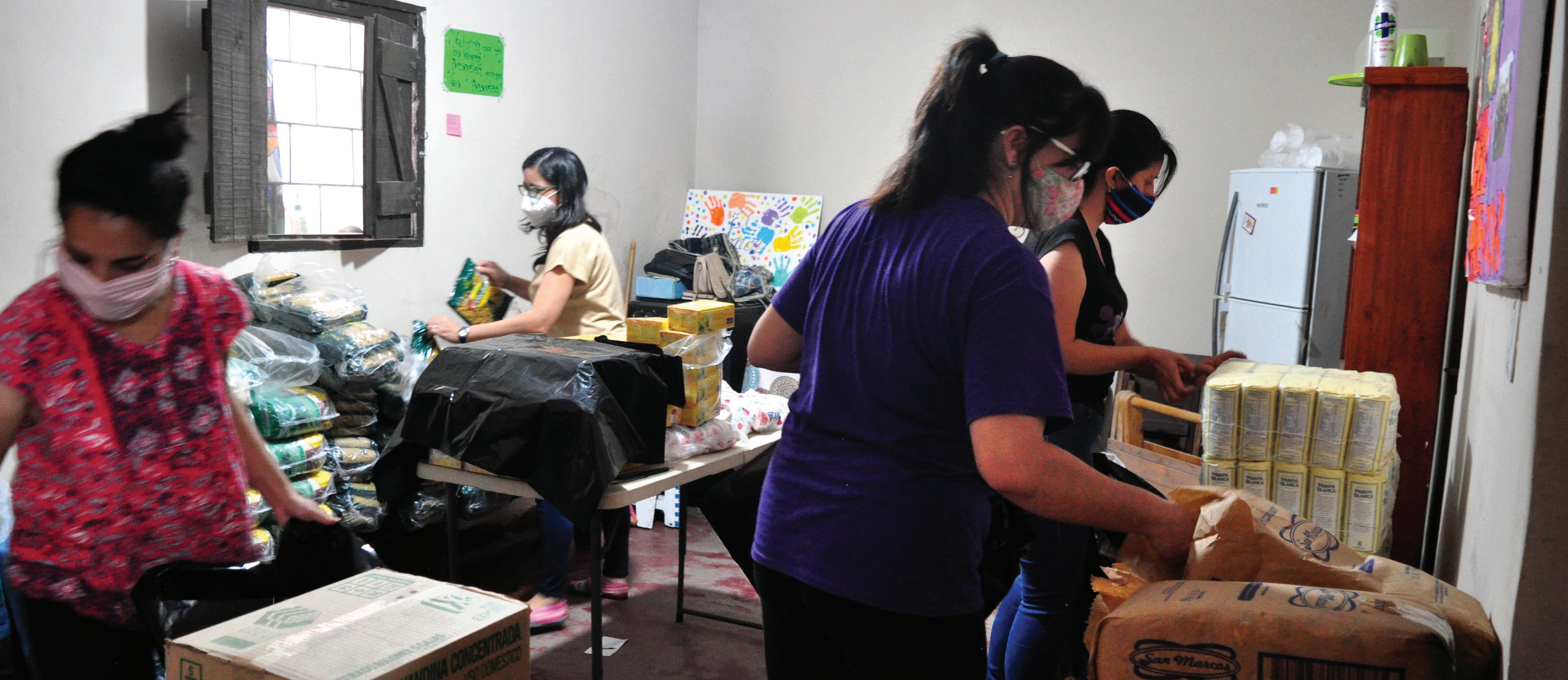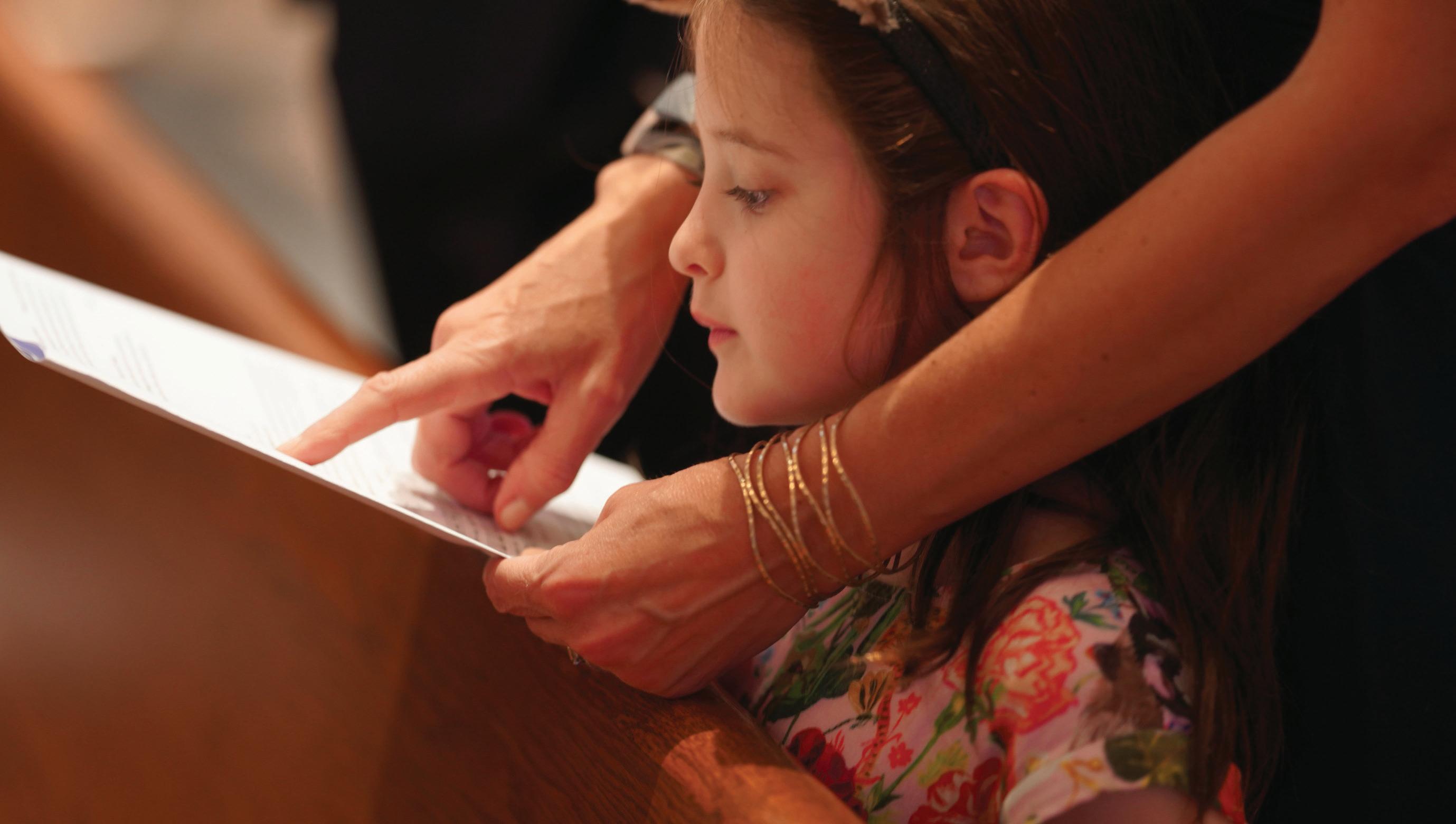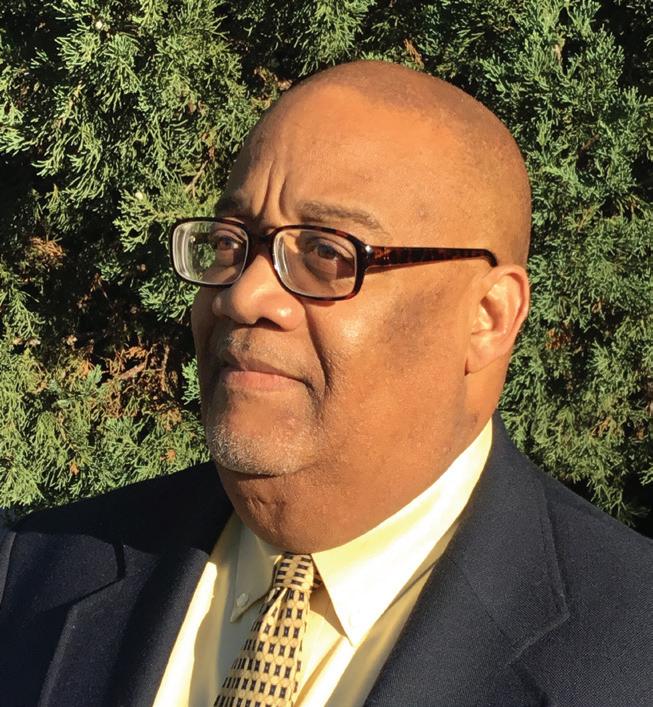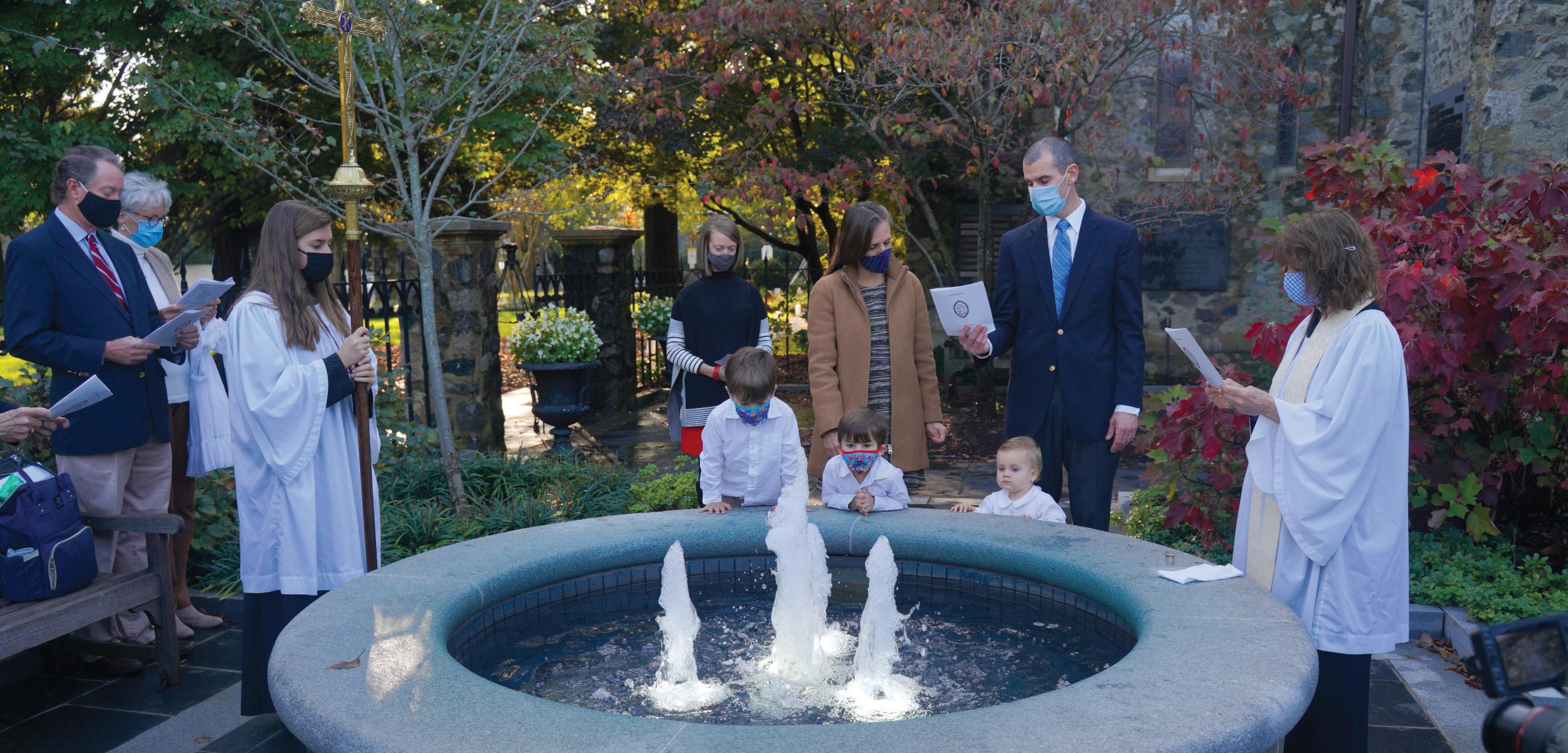
2 minute read
Our missionaries in Argentina contend with the pandemic
In Libertador General San Martin, workers prepare bags of food for the daily distribution.
Our missionaries in Argentina continue to be present for the poorest of the poor, now struggling with the effects of a pandemic
As the people of St. Stephen’s Church deal with the effects of the pandemic and the limitations on our activities, we know—as difficult as this is—that most of us are sheltered from the more dire conditions that affect many throughout the world. Our missionaries in Argentina, Heidi Schmidt and Monica Vega, are seeing these conditions firsthand.
Many people in the desperately poor communities where Heidi and Monica work had previously eked out their living by selling in the markets and working odd jobs—opportunities no longer available to them as they struggle to put food on their tables. Heidi reports, “People are quite creative and many have found ways to sell from their homes, on the streets, any way they can, doing whatever they can, to earn a little money. But with the time stretching on, people are struggling more.”
Heidi and Monica had been providing therapeutic group activities for those suffering from addiction but those have all been suspended. So, says, Heidi “We have put a focus on the command to ‘feed my sheep’… workers in the communities have been in contact with the families we work with via WhatsApp, or pass by the outside of the homes, and the families in most need we have been able to help with food parcels. We assist with personal hygiene kits for homes, like hand soaps, bleach, alcohol, cleaning materials, things you would buy last if you want to eat.”
If someone in the household has covid-19, the family is even more isolated. Heidi and Monica’s project offers emergency food assistance and hygiene supplies for these families, as well.
They provide the services of a psychologist who conducts visits via WhatsApp calls. This is an important resource, Heidi says, “as many are experiencing increasing depression, abuse, anxiety and other mental health issues.”
They have been able to provide emergency food parcels to isolated mountain communities, which include many indigenous families, and assist two busy soup kitchens by providing supplies. Heidi says, “Feed my sheep, Jesus said. Not a small task. People are hungry— now. So this is what we can do—now.”
She notes, “The other important ministry is of presence—checking in on people, calling, messaging, passing a home and just checking in on folks, to remind them how much they matter, to look people in the eye, and connect. This has been such an important kindness, to be present in such difficult, stressful, uncertain times. To let them know they are not alone, that they are loved, remembered. These simplest of gestures seem to be so important. A smile, a glance, listening, presence, connecting, laughing.”
Heidi calls this “the communion of now. The bread shared. The connections made. Communion. We are in this together, somehow. We all matter. Reminding each other is so important. And so that is what we are focusing on these days.”
It is our privilege to support Heidi and Monica and the people they serve, with our prayers and our gifts. ✤









